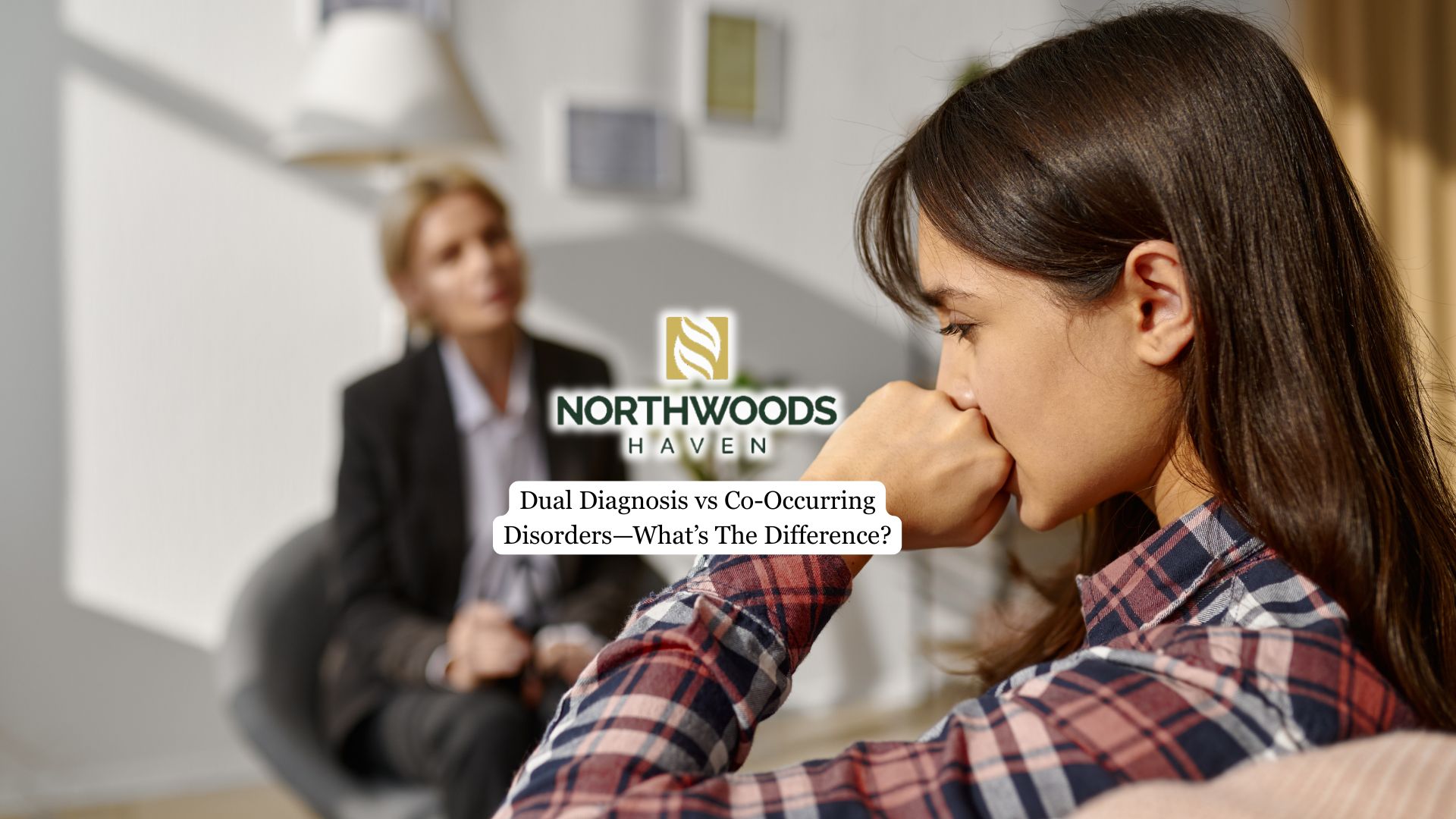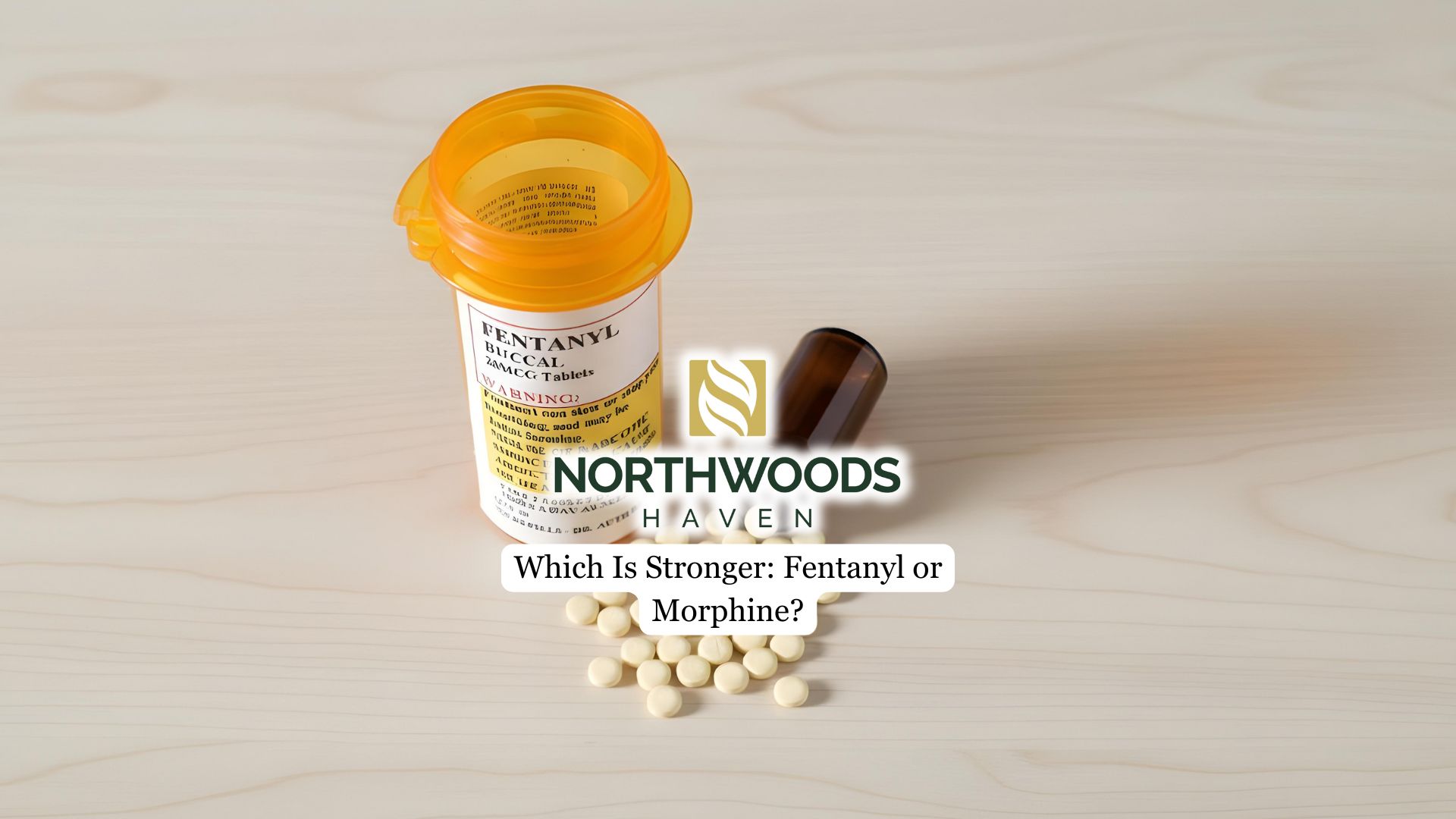Many people face complex health challenges that involve both mental health conditions and substance use disorders. Understanding the terms used to describe these overlapping issues is crucial for getting the right care and support. However, terminology can be confusing, especially when phrases like “dual diagnosis” and “co-occurring disorders” are used interchangeably.
This article will attempt to clarify the distinctions between dual diagnosis and co-occurring disorders, explain why the difference matters, and explore how these terms relate to treatment approaches.
Definitions
Dual diagnosis traditionally refers to the presence of two simultaneous disorders—specifically, a mental health disorder and a substance use disorder. For example, someone diagnosed with depression and alcohol use disorder would have a dual diagnosis. The term originally gained popularity to describe this specific combination and sometimes extends to other pairs of physical or mental conditions occurring together.
Co-occurring disorders is a broader term that includes any combination of two or more disorders, which may involve multiple mental health conditions, substance use disorders, or even physical illnesses alongside psychiatric disorders. Unlike dual diagnosis, co-occurring disorders emphasize the complexity and interconnectedness of multiple overlapping conditions rather than simply the presence of two separate diagnoses. This term is more widely preferred in modern clinical practice and aligns with diagnostic frameworks such as the DSM-5-TR.
If you believe you have both a mental health disorder and a substance use disorder, it’s important to seek integrated treatment designed specifically for dual diagnosis. Coordinated, personalized care not only helps reduce the risk of relapse but also supports better mental and physical health, leading to a more effective and sustainable healing process.
Key Differences Between Dual Diagnosis and Co-Occurring Disorders
The core difference lies in scope and clinical usage. Dual diagnosis specifically indicates one mental health disorder paired with one substance use disorder. Whereas, co-occurring disorders cover a wider range of combinations that might include multiple mental illnesses, multiple substance use disorders, or additional medical conditions co-existing with psychiatric ones.
Dual diagnosis can be seen as a subset within the broader category of co-occurring disorders. The language shift to co-occurring disorders also reflects increased awareness of the complex interplay between various health challenges and the necessity of integrated treatment approaches.
Overlap and Common Misconceptions
Because these terms describe overlapping realities, they are often used interchangeably, sometimes leading to confusion for patients and providers alike. Both describe situations where more than one condition affects a person simultaneously, and both underscore the importance of addressing all issues comprehensively.
However, the subtle distinctions can influence how treatment is planned and communicated. For instance, dual diagnosis might imply a clearer two-condition framework, whereas co-occurring disorders acknowledge the possibility of multiple diagnoses constantly interacting and influencing each other.
Awareness of this difference can improve clarity in diagnosis, reduce stigma, and enhance individualized care.
Prevalence and Risk Factors
Mental health disorders and substance use disorders frequently co-exist. Research suggests that about half of individuals with a mental illness also experience substance use problems, and vice versa. Shared risk factors include genetic predisposition, trauma, chronic stress, environmental influences, and early substance exposure.
Recognizing these overlapping vulnerabilities is vital for clinicians to assess risk and provide early interventions. Both dual diagnosis and broader co-occurring disorders are prevalent across diverse populations, making integrated treatment essential in many recovery settings.

The Challenges of Diagnosis
Differentiating between symptoms caused by substance use and those originating from independent mental health disorders can be challenging. Substance intoxication or withdrawal may mimic or mask psychiatric symptoms, complicating accurate diagnosis.
Comprehensive assessment, often involving extended observation and multiple evaluation tools, is crucial. Correct diagnosis ensures that all relevant conditions are identified and treated simultaneously, which is key to effective recovery and relapse prevention.
Integrated Treatment Approaches
Both dual diagnosis and co-occurring disorders call for integrated care models where mental health and substance use treatment occur concurrently. This approach improves outcomes by addressing the interplay between disorders rather than treating each in isolation.
Effective integrated treatment often includes cognitive-behavioral therapy, medication management, motivational interviewing, peer support groups, and other evidence-based interventions. Treatment plans are customized, taking into account the complexity of conditions, severity, and individual needs to provide holistic support.
Steps Toward Recovery and Wellness
Understanding whether one has a dual diagnosis or multiple co-occurring disorders can empower individuals to seek tailored treatment and support. Families and caregivers also benefit from this clarity by engaging in education and support networks that address the full scope of health challenges.
Recovery involves ongoing commitment, professional guidance, and access to resources designed for these complex conditions. Early intervention and sustained support improve the chances of long-term wellness.
Final Thoughts from Northwoods Haven Recovery
Understanding this distinction between dual diagnosis and co-occurring disorders is essential for accurate diagnosis, effective integrated treatment, and compassionate care that supports long-term recovery and a better quality of life.
Northwoods Haven Recovery’s dual diagnosis treatment program in Minnesota provides compassionate, evidence-based care for individuals facing both mental health and substance use disorders. Our experienced therapists offer integrated support in a safe, welcoming environment, helping clients overcome challenges like addiction, anxiety, and alcohol use through personalized, community-driven treatment.



